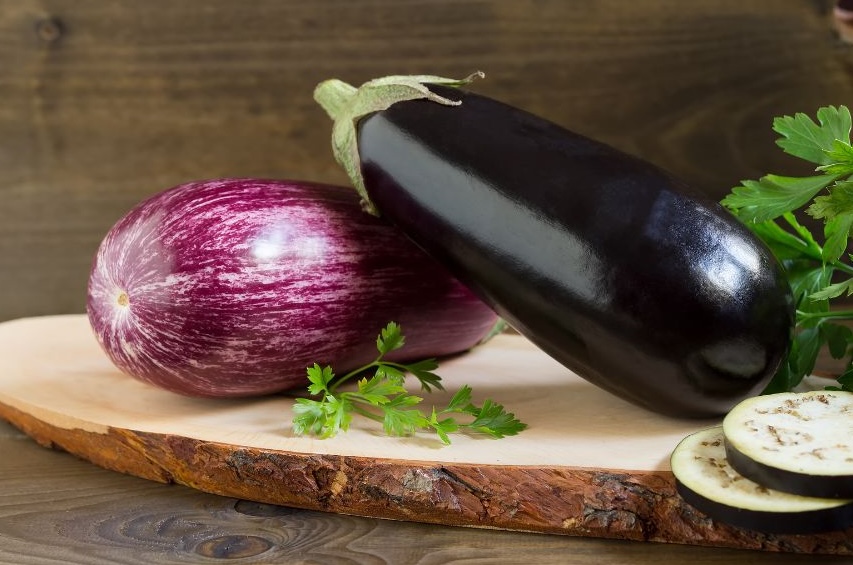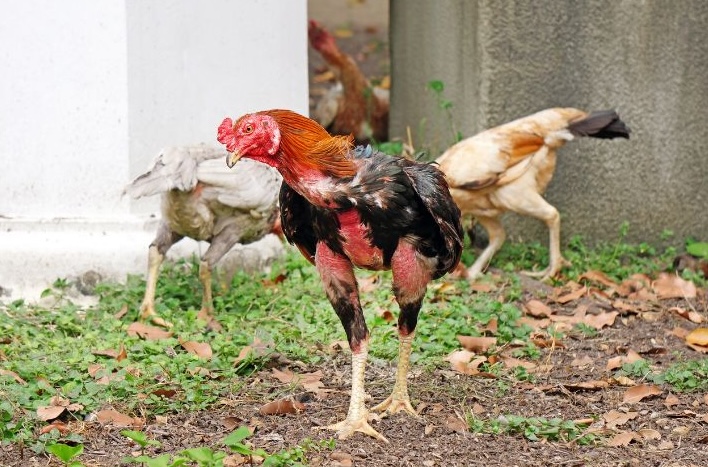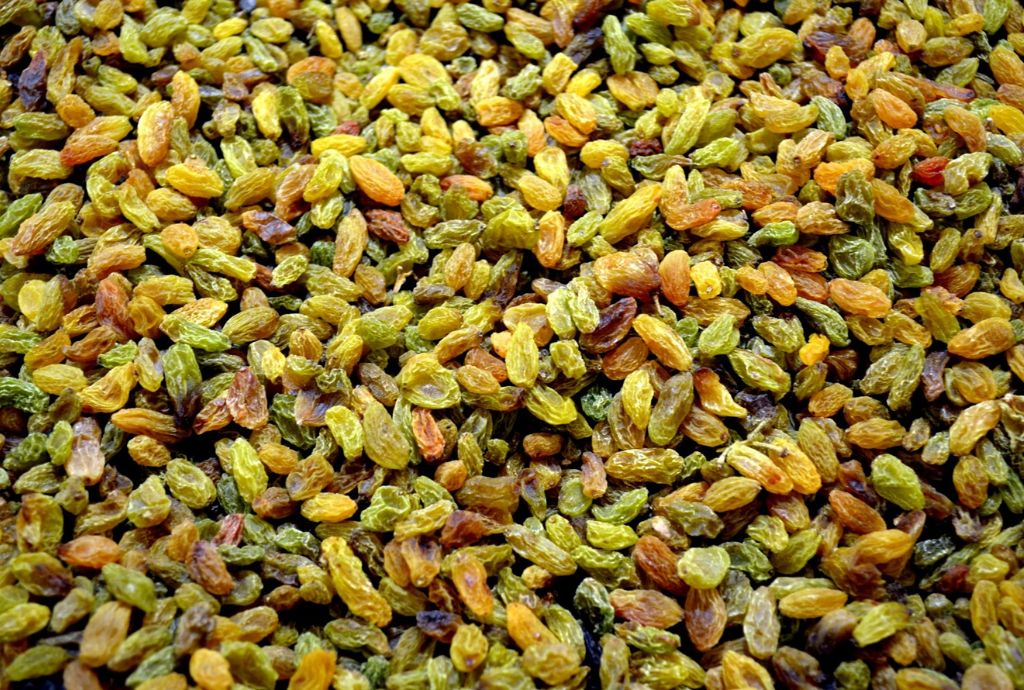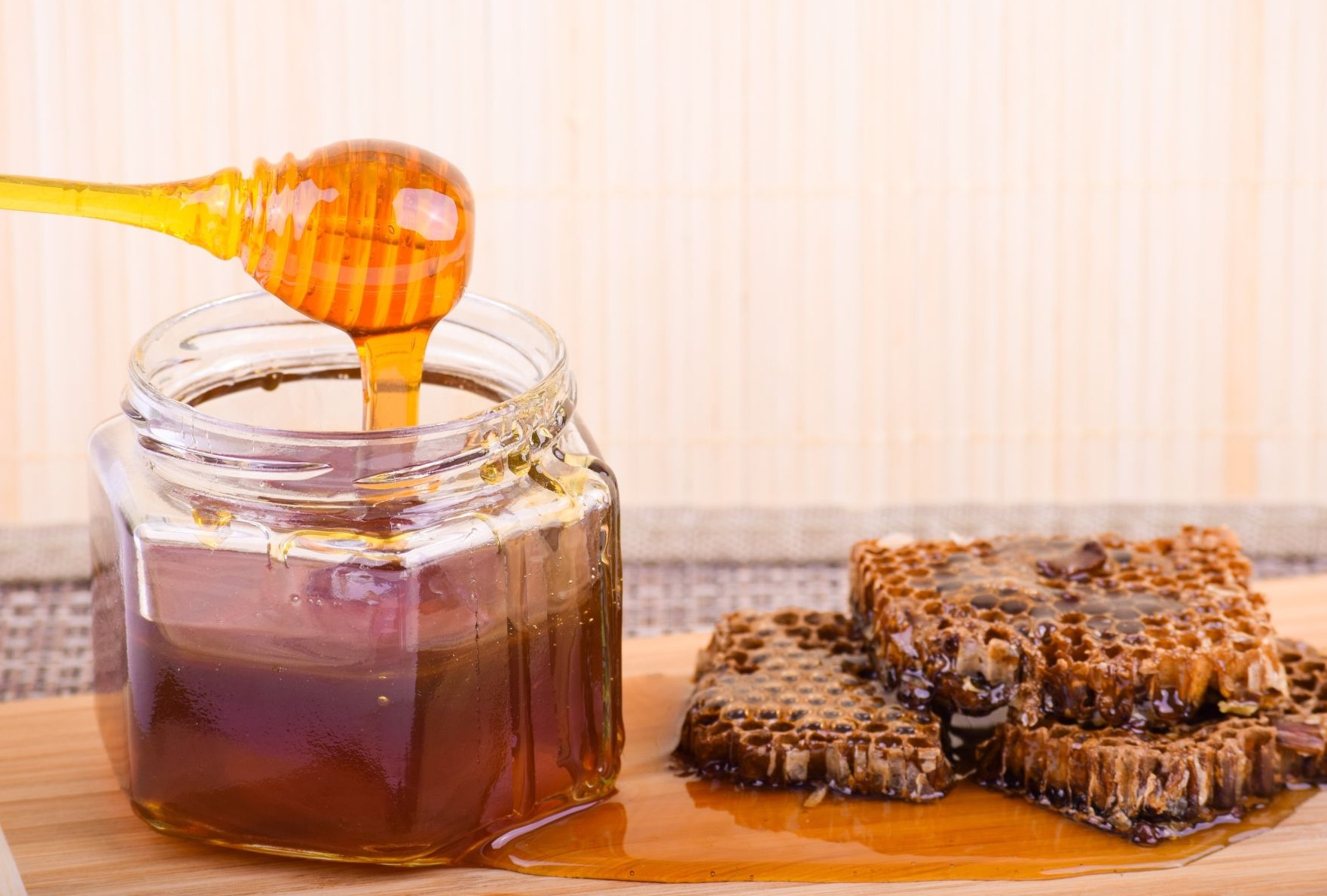
Eggplant is a versatile vegetable commonly found in many kitchens, but when it comes to feeding chickens, many owners might wonder if it is safe and nutritious for their flock. Chickens are known for their ability to eat a wide range of foods, yet their health needs to ensure that what they consume is not only safe but also beneficial for them. This article explores whether eggplants are a suitable addition to your chickens’ diet, taking into consideration nutritional benefits and any potential risks.
Feeding chickens a varied diet can be beneficial, as it ensures they receive a range of nutrients needed to maintain their health and egg production. Eggplant, with its rich content in fiber, vitamins, and minerals, appears to be a good candidate for inclusion. However, like many foods, the way it is prepared and the amount offered can significantly affect its suitability as chicken feed.
Table of Contents
Is Eggplant Safe for Chickens?
Eggplant, also known as aubergine, is generally safe for chickens to eat in moderation. The fruit itself is non-toxic to birds, and it can be a tasty treat that provides variety in their diet. However, the leaves and flowers of the eggplant plant belong to the nightshade family and contain solanine, a substance that can be toxic to chickens if consumed in large quantities. Therefore, it’s crucial to ensure that chickens only have access to the fruit part of the eggplant and that it is thoroughly washed and preferably cooked to enhance digestibility and reduce any residual solanine that may be present in the skin.
Nutritional Value of Eggplant
Eggplant is low in calories but high in dietary fiber, which is beneficial for the digestive health of chickens. It also contains vitamins such as vitamin C, vitamin K, and certain B vitamins, which can help support the immune system and overall health of your flock. Furthermore, eggplants are a good source of minerals like potassium, manganese, copper, and folate, making them a nutritious addition when fed appropriately.
Potential Risks and Considerations
While eggplant is safe for chickens, there are a few considerations to keep in mind. The biggest concern is the solanine found in the green parts of the plant, including the stem and leaves, as mentioned earlier. Always remove these parts before offering eggplant to your chickens. Additionally, eggplant should be introduced into their diet gradually to monitor any adverse reactions, such as digestive upset.
It’s also important to note that eggplant should not make up a large part of a chicken’s diet. Chickens require a balanced diet, typically provided by commercial feeds, which are formulated to meet all their nutritional needs. Eggplant can be a healthy supplement to this diet but should not replace it.
By following these guidelines, you can safely incorporate eggplant into your chickens’ diet, providing them with a diverse range of nutrients while ensuring their diet remains balanced and beneficial to their health.
How to Prepare Eggplant for Chickens
When preparing eggplant for your chickens, it’s important to ensure it is clean and free from any pesticides or harmful substances. Here are some steps to follow:
- Wash Thoroughly: Rinse the eggplant under running water to remove any dirt or chemicals.
- Remove Green Parts: Cut off the stem, leaves, and any green parts of the eggplant to eliminate the risk of solanine poisoning.
- Chop into Small Pieces: Cut the eggplant into small, manageable pieces that your chickens can easily peck at and eat.
- Cook if Necessary: While raw eggplant is safe, cooking it can make it easier for chickens to digest. Steaming or lightly boiling the eggplant is sufficient.
Introducing Eggplant to Your Flock
Introducing new foods to your chickens should be done gradually to monitor for any adverse reactions. Here are some tips:
- Start Small: Offer a small amount of eggplant initially and observe how your chickens react to it. Look for any signs of digestive issues or changes in behavior.
- Mix with Other Foods: To encourage your chickens to try eggplant, mix it with other foods they already enjoy. This can help them get used to the new taste and texture.
- Monitor and Adjust: Pay attention to how much eggplant your chickens are consuming. Adjust the quantity based on their acceptance and any observed health effects.
Other Safe Vegetables for Chickens
In addition to eggplant, many other vegetables can be safely fed to chickens. Some options include:
- Carrots: High in vitamins and minerals, carrots can be fed raw or cooked.
- Squash: Both summer and winter squash varieties are nutritious and safe for chickens.
- Cucumbers: Hydrating and low in calories, cucumbers are a great treat, especially in hot weather.
- Lettuce and Leafy Greens: Most leafy greens are safe and provide a good source of vitamins and fiber.
Best Practices for a Balanced Chicken Diet

While treats like eggplant can be a healthy addition to your chickens’ diet, it’s important to maintain a balance. Here are some best practices:
Providing Commercial Feed
- Primary Source of Nutrition: Ensure that commercial feed remains the primary source of nutrition. These feeds are formulated to meet all the dietary needs of chickens.
- Age-Appropriate Feed: Use feed that is appropriate for the age and purpose of your chickens, such as starter feed for chicks, layer feed for laying hens, and grower feed for young chickens.
Supplementing with Fresh Foods
- Variety is Key: Offer a variety of fruits and vegetables to provide different nutrients and keep your chickens interested in their diet.
- Moderation: Treats should only make up about 10% of a chicken’s diet to ensure they are getting the necessary nutrients from their primary feed.
- Safe Options: Always research and verify that new foods are safe for chickens before offering them.
Ensuring Clean Water
- Fresh Water Daily: Provide clean, fresh water daily to ensure your chickens stay hydrated and healthy.
- Clean Water Containers: Regularly clean and disinfect water containers to prevent the spread of disease.
Conclusion
Eggplant can be a nutritious addition to your chickens’ diet when prepared and offered correctly. By ensuring that only the safe parts of the plant are fed and by introducing it gradually, you can provide a variety of nutrients to your flock. Remember to always observe your chickens for any adverse reactions when introducing new foods and maintain a balanced diet primarily based on commercial feed to ensure their overall health and well-being.



